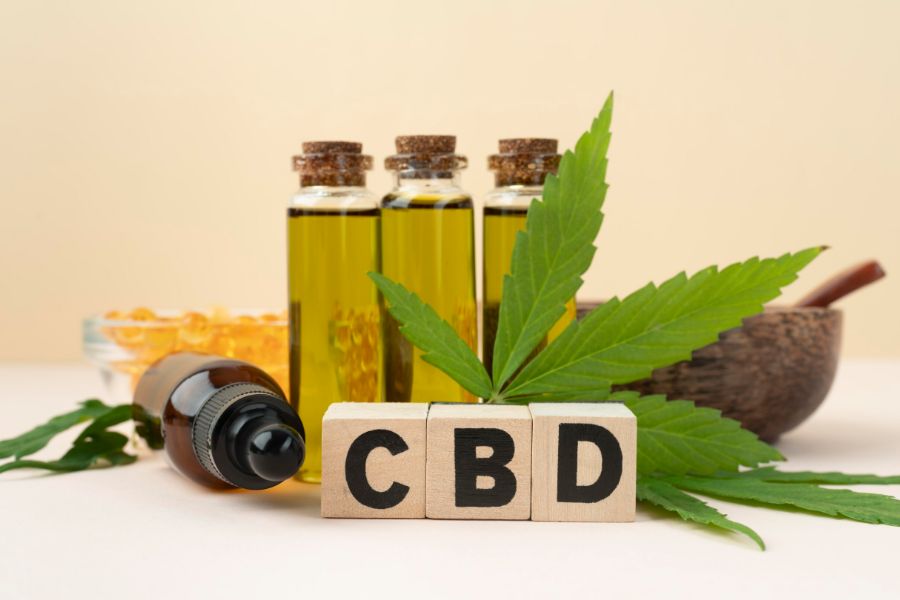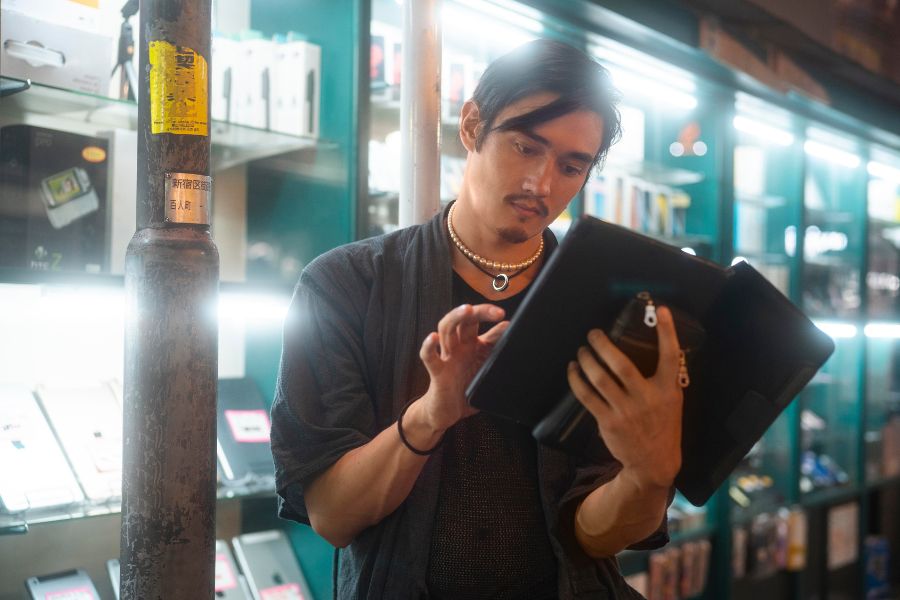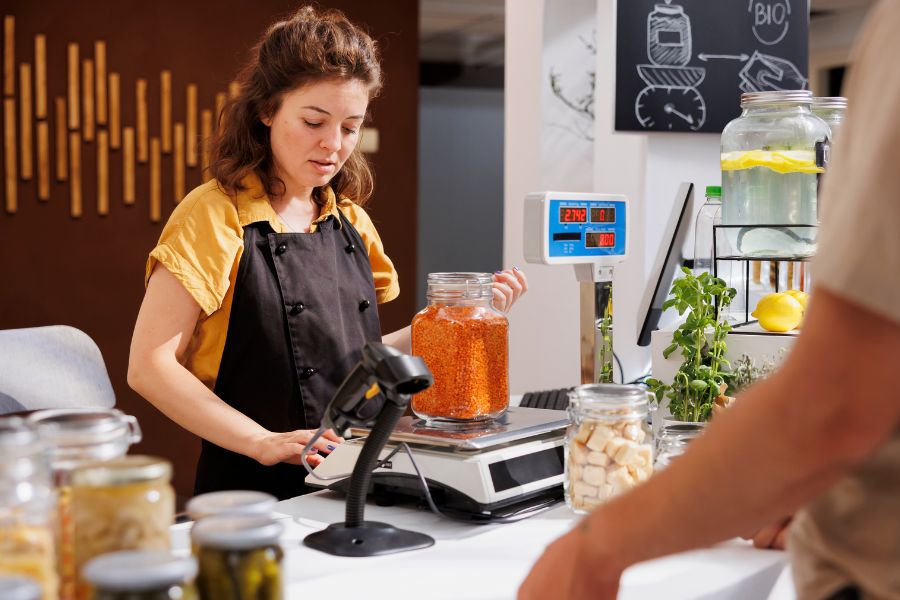Thailand has taken a groundbreaking step in cannabis legalization, positioning itself as the first country in Asia to permit its use. Since the 2018 legalization of medical cannabis, the government has gradually expanded its stance, leading to the latest law allowing personal use, cultivation, and possession of marijuana.
With this legal shift, both retailers and consumers must navigate a newly regulated market. Businesses now have opportunities to enter the CBD and cannabis industry, while consumers can explore its benefits within the legal framework. In this article, we’ll break down the latest CBD laws in Thailand, their impact, and what they mean for businesses and individuals.
New Regulations For CBD In Food
The Ministry of Public Health has issued three key directives to regulate the use of cannabidiol (CBD) in food items, underscoring a commitment to consumer safety. These regulations are designed to ensure clear usage guidelines for CBD in the food industry.
A first notable regulation is the mandatory clear labeling of food products containing cannabis, hemp, or both. This measure ensures transparency and allows consumers to make informed choices. Products failing to meet these labeling standards are required to comply within a two-year transition period.
For direct consumer sales, including condiments, the permissible levels are capped at 0.0028% for CBD and a maximum of THC (delta-9-tetrahydrocannabinol), the principal psychoactive constituent.
Other food products face restrictions of 1.6 grams for THC and 1.41 grams for CBD per item. Additionally, labels must caution against the overconsumption of cannabis or hemp and provide other vital information.
The second regulation expands the legal concentration of CBD allowed in hemp seed oil.
The third directive authorizes the use of CBD alongside other food ingredients deemed safe for human consumption.
The second announcement increases the maximum amount of CBD discovered in hemp seed oil. In accordance with the third statement, CBD may be used with other food ingredients that are safe for human consumption.
The new law on CBD POS in Thailand aims to streamline the complexities surrounding cannabis and hemp, providing much-needed clarity for the culinary sector. These guidelines are expected to foster a secure and thriving environment for incorporating CBD into food products.
Retailer Guidelines Under New CBD Law in Thailand
As of March 2025, Thailand’s cannabis regulations have evolved significantly, impacting retailers involved in the sale of cannabidiol (CBD) products. To ensure compliance, retailers should adhere to the following guidelines:
Registration process
Since June 9, 2022, individuals looking to cultivate marijuana in Thailand are not required to obtain a permit. However, they must register through the “Plook Ganja” app, managed by the Food and Drug Administration.
Importing Cannabis and Hemp
Retailers are allowed to import cannabis, hemp, and related plant parts, adhering to the stipulations of the 1964 Plant Quarantine Act and the 1975 Plants Act, which mandate securing import authorization.
Particular plant components classified as Category 5 Narcotics under Thai law also require explicit authorization before importation.
Permitted use of Cannabis
The use of cannabis in Thailand is legally restricted to medical purposes. Recreational smoking of cannabis is strictly prohibited, and individuals are only allowed to possess authorized cannabis products.
Consequences for unauthorized use
According to the Public Health Act, anyone found smoking cannabis or hemp in a manner that causes smoke or odor to be a nuisance, and without a legitimate reason, may face legal consequences. This can include a penalty of up to one month in jail or a fine of up to THB 2,000.
Consumer Guidelines: Do & Don’t Under New CBD Law in Thailand
Permissible activities
- Home cultivation: Individuals are allowed to grow cannabis at home after registering on the Food and Drug Administration (FDA)’s official website.
- Commercial use: Growing cannabis for commercial purposes and creating cannabis-derived products is legal, but products must be registered with the FDA.
- Recreational use at home: Recreational use of cannabis is permitted within the privacy of one’s home, provided it does not cause disturbance or discomfort to neighbors, such as from the odor.
- Medical use: Patients are permitted to possess a 30-day supply of cannabis for medical usage.
Restrictions
- THC limitation: Products containing cannabis must not exceed a THC concentration of 0.2 percent.
- Public usage: Consumption and smoking of cannabis in public spaces, including malls, schools, or at large gatherings where the scent could be bothersome, are strictly prohibited.
- Age and health restrictions: The sale of cannabis is forbidden to individuals under 20, expectant or nursing mothers, and others as specified by the new law on CBD in Thailand.
- Cross-border transportation: Transporting cannabis into or out of Thailand is illegal under any circumstances.
By adhering to these guidelines, consumers can navigate the new law on CBD in Thailand responsibly, understanding their rights and limitations within the current legal framework.
Wrap Up
As Thailand forges ahead with the new law on CBD, it is crucial for retailers to ensure they remain compliant with the country’s evolving regulations, especially the age and health restrictions. To do this, a sophisticated POS system may be required to help retailers adhere to regulatory requirements.
Contact us to learn more about how ConnectPOS solution can help you effectively manage your sales while fully complying with the new regulations.
ConnectPOS is a all-in-one point of sale solution tailored to meet your eCommerce POS needs, streamline business operations, boost sales, and enhance customer experience in diverse industries. We offer custom POS with features, pricing, and plans to suit your unique business requirements.




